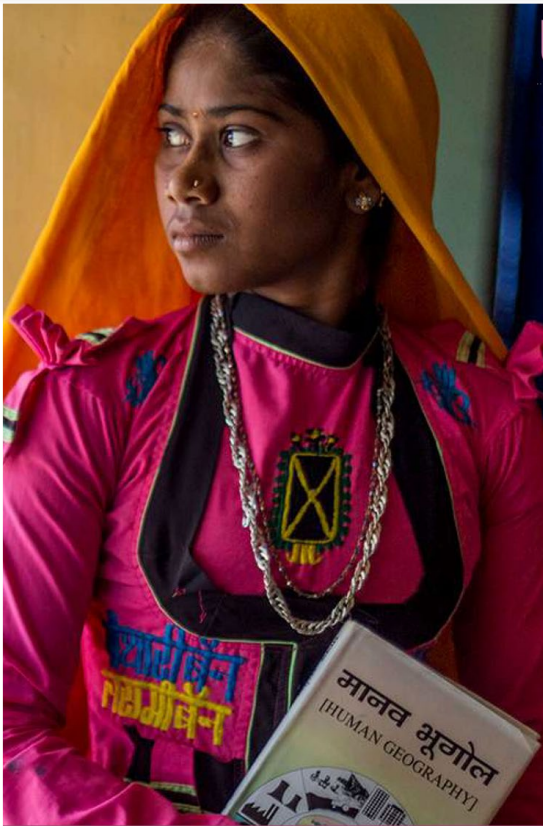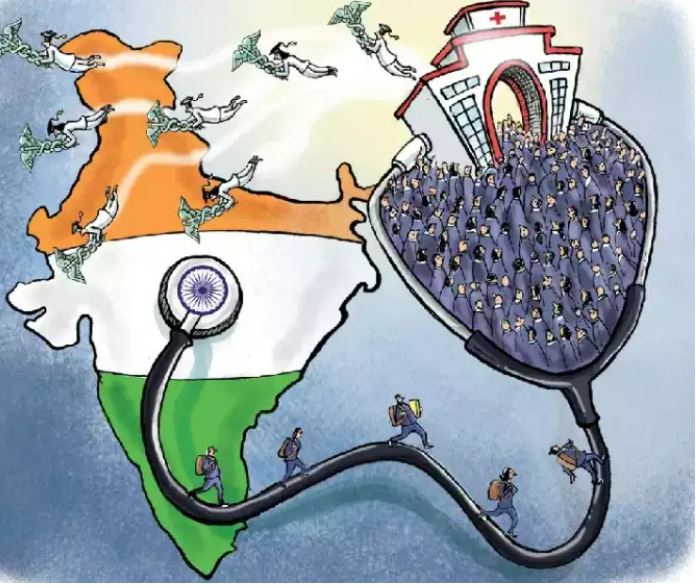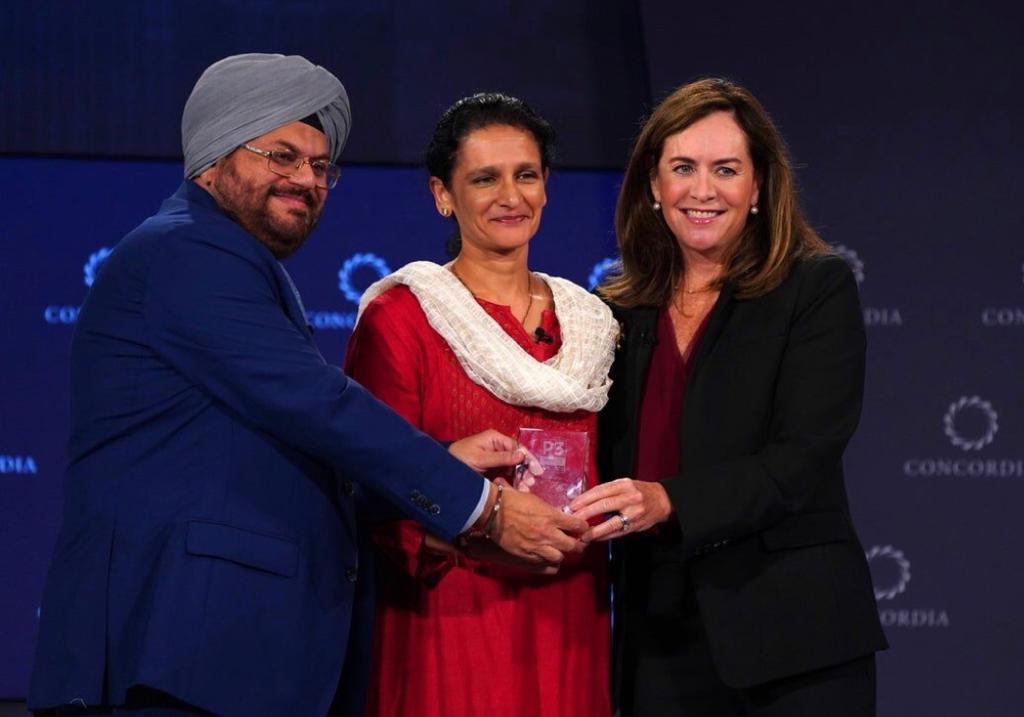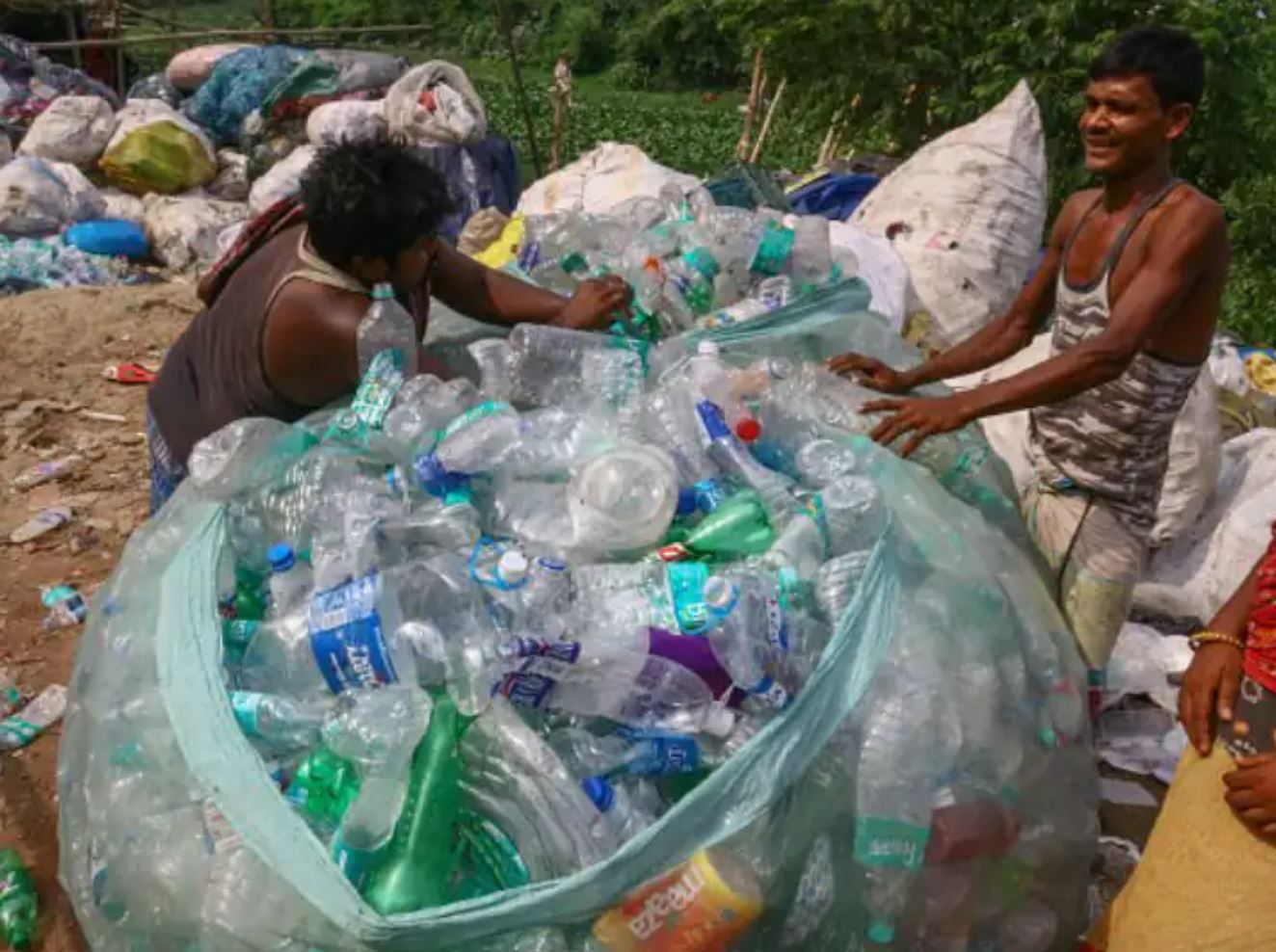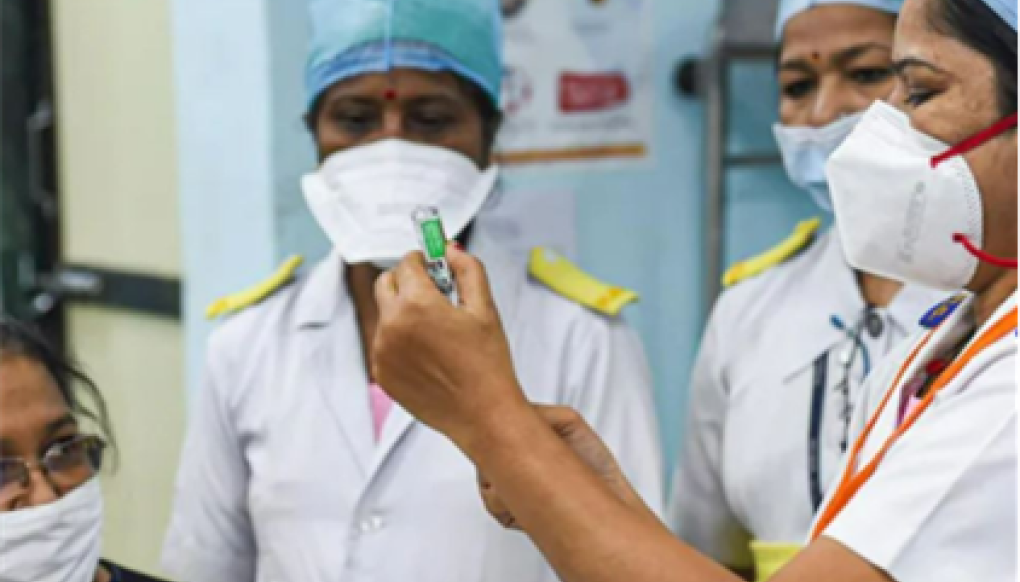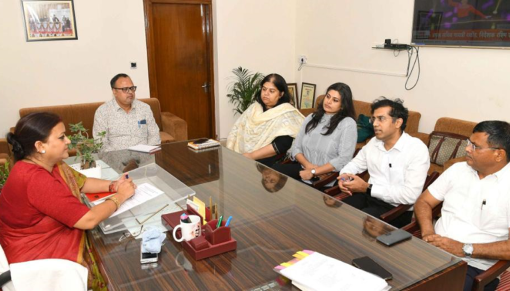GE Healthcare and the USAID-supported project ‘PAHAL’ (Partnerships for Affordable Health Access & Longevity) announced today their strategic partnership to address the healthcare needs of underserved communities in India. Terri Bresenham, President and CEO of GE Healthcare’s Sustainable Healthcare Solutions, and L. M. Singh, Project Director, PAHAL, signed a Memorandum of Understanding in the presence of Xerses Sidhwa, Director, Health, USAID/India.
Project PAHAL, implemented by IPE Global with assistance from the U.S. Agency for International Development (USAID), responds to the Government of India’s priorities of reducing morbidity and mortality among women and children in the underserved urban communities by leveraging private markets and community engagement to promote healthy behaviour change, improve access to affordable primary healthcare, and reduce out-of-pocket expenses. Today’s partnership launch will utilize transformational medical technology, solutions and services to meet the needs of India’s urban poor, and forms a part of Project PAHAL.
Speaking at the launch, L. M. Singh, Project Director, PAHAL, said: “Private sector led social enterprises provide a huge untapped opportunity to address healthcare needs of the urban poor. Pahal in a short period has built partnerships that provide a platform to serve healthcare needs of over 20 million urban poor in several high priority states of India, in line with National health policy and priorities.”
“GE Healthcare is delighted to partner with IPE Global on project PAHAL in creating a sustainable model that will address the healthcare need gap among urban poor in India,” said Milan Rao, President & CEO, GE Healthcare, South Asia and Managing Director, Wipro GE Healthcare.
Project PAHAL and GE Healthcare through this partnership will strengthen the network of private healthcare business by increasing access to need based solutions that enhances and strengthens the service offerings, revenue, sustainability to meet the health impact. Both the teams have been assessing and building the solutions for network of private hospitals in Rajasthan and will expand to other states including Assam, Odisha, Andhra Pradesh, Haryana, Delhi, Telangana, Jharkhand, Madhya Pradesh, Punjab, Uttarakhand and West Bengal.







